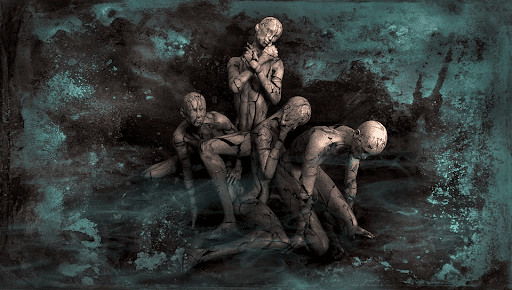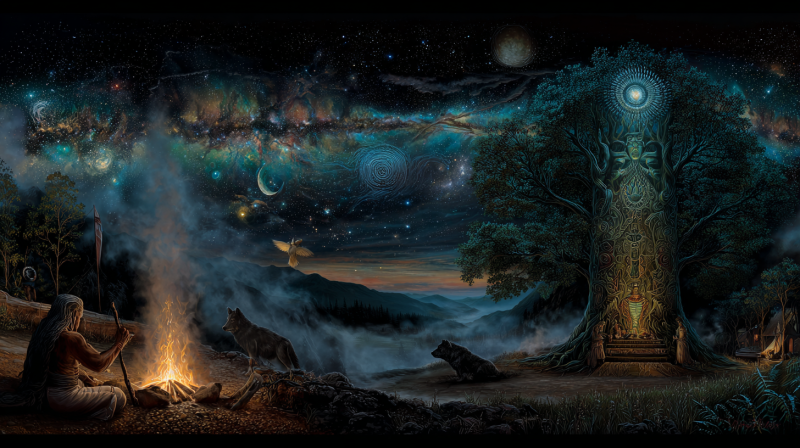Dream interpretation by dream specialists may be as old as dreaming itself. We all dream every night, as do many animals, and people have always been curious about what causes dreams and what they imply.
Dream interpretation can be traced back to at least 3000–4000 B.C. We know this because dream interpretations were permanently recorded on clay tablets. Many primitive peoples were supposed to be unable to discern between the actual world and the dream world at first. Many of these people considered the dream world an extension of the actual world around them, and many of them saw the dream world as more powerful than the waking one.
Dream interpretation was so significant in the ancient Greek and Roman worlds that dream interpreters would frequently accompany generals and other military commanders into battle. Dreams were regarded very seriously, and the Greeks and Romans, in particular, saw them as messengers from their gods.
Dreams had religious significance in ancient Egypt, and priests functioned as dream interpreters. Dreams were among the items recorded in hieroglyphics by the ancient Egyptians. Those who had very vivid or profound dreams were regarded as blessed and given special status in these ancient communities. Similarly, people who could interpret dreams were supposed to have received these abilities straight from the gods, and they were given a particular place in society.
There are almost 700 references to dreams in the Bible, and people in biblical times considered dreams to be very important. Many of the most important books of the Bible and other holy scriptures address dreams and their interpretations.
Dreams were frequently interpreted as a type of prophecy in many circumstances. People frequently interpreted their dreams as omens or warnings and altered their behavior accordingly. Dreams were frequently interpreted as omens from deities, messages from spirits, or messages from departed souls. Dreams were even thought to be the work of demons, intended to confuse and torment the dreamer in some situations.
Dreams were so powerful that they frequently influenced the acts of political and military leaders, influencing everything from the conduct of a war to the outcome of a political decision. Dreams were also regarded as providing significant clues to healers, and they were utilized to diagnose and treat all types of illnesses.
Indigenous peoples frequently believed in using dreams as a direct line of communication with gods and spirits, and civilizations all over the world still do so. Many people thought, and some still think, that the soul departs the body during dream sleep to interact with the spirit realm.
The Chinese were one civilization that believed the soul left the body during dream sleep each night. They were afraid that if the dreamer was suddenly woken, the soul would be unable to return to the body. That is why some Chinese people are still wary of using alarm clocks. This is only one example of how ancient legends can live on in modern times.
Some Mexican and Native American societies share this historic perspective on the significance of dreams, as well as the belief in a separate plane experienced during dream sleep. These people believed that their ancestors existed in their dreams and could take the form of animals and plants. Thus, dreams were viewed as a means for people to communicate with their recent and ancient ancestors, as well as to collect wisdom and information to help them in their waking existence. Dreams were also seen as a tool for people to learn more about their life’s purpose or mission.
People in the early 1800s didn’t take dreams seriously because they believed they were the result of anxiety, external disturbances, or even bad food and indigestion. Dreams were regarded as having no importance during this time period, and interest in dream interpretation all but vanished. This all altered with the emergence of Sigmund Freud later in the nineteenth century. Sigmund Freud shocked the world of psychiatry when he stressed the importance of dreams and brought back the art of dream interpretation, which had been lost.



